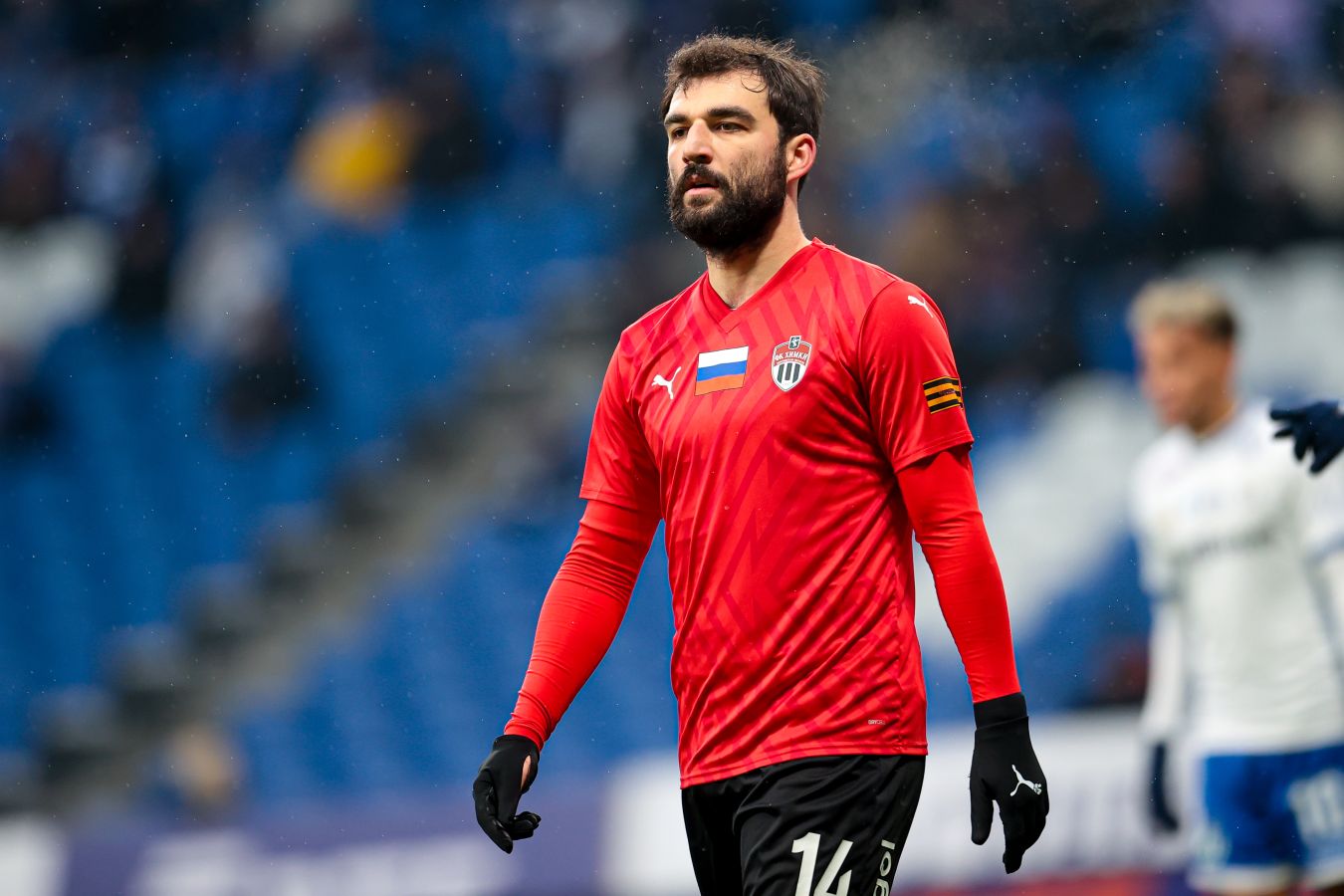At just 18 years old and in his freshman year at the University of Leeds, David Izekor’s life took a dramatic and unforeseen turn.
In the spring of 2021, he awoke feeling ill, but the next thing he remembers is regaining consciousness in a hospital bed, where he learned that he had experienced a hemorrhagic stroke due to a ruptured brain blood vessel.
The young man from east London was rushed into emergency surgery, only to be diagnosed with a rare type of brain cancer known as glioblastoma multiforme (GBM).
Now, four years later, the film student has crafted a documentary to share his journey, aiming to spark discussions in schools and among cancer support groups to convey the message that a diagnosis does not equate to the end of one’s life.
Aside from experiencing university life during the Covid pandemic, Mr. Izekor describes his experience as typical of any first-year student.
On the fateful night that led to his hospitalization, he recalls being unaware of what was happening, while his flatmate mentioned that he had asked for milk, which he subsequently spilled on the kitchen floor in a daze.
“I remember waking up in the hospital, where a doctor informed me about my brain aneurysm. Instinctively, I sensed that something was terribly wrong,” Mr. Izekor recounts.
He was transferred to a hospital in London for further examination to determine the cause of the aneurysm.
“Doctors convened a significant meeting to discuss my condition without my presence, throwing around complex terminology that forced me to turn to Google for answers — which was truly terrifying,” he explains.
One night, he received a late-night call instructing him to undergo a critical ten-hour awake surgery to obtain a biopsy after abnormalities were detected in his brain.
According to The Brain Tumour Charity, glioblastomas affect over 3,000 individuals annually in the UK, with a typical prognosis of just 12 to 18 months.
As a film student, Mr. Izekor discovered a unique outlet for processing his diagnosis by documenting his experiences on camera.
He began to produce TikTok videos right from his hospital bed.
“I was told that ‘my life is a movie,’ and I wanted to expand upon that concept,” he shares.
“By sharing my story, countless individuals have reached out to tell theirs, including how to communicate with family about their own struggles.”
What started as brief video clips transformed into a full-length documentary named *One in Two*, co-produced alongside his university flatmate and good friend, George Child.
The film not only chronicles his personal journey but also highlights the narratives of others impacted by glioblastoma.
“Throughout the documentary’s production, I met numerous families. One family I filmed with had a young daughter with the same cancer as mine who, unfortunately, passed away. Her parents have been incredibly supportive,” Mr. Izekor reflects.
“I aim for this project to ignite conversations in schools and among cancer support communities — to convey that a diagnosis is not a conclusion.
“Life will undoubtedly be altered, but there can also be positive aspects, and I wish to share that hopeful message.”

